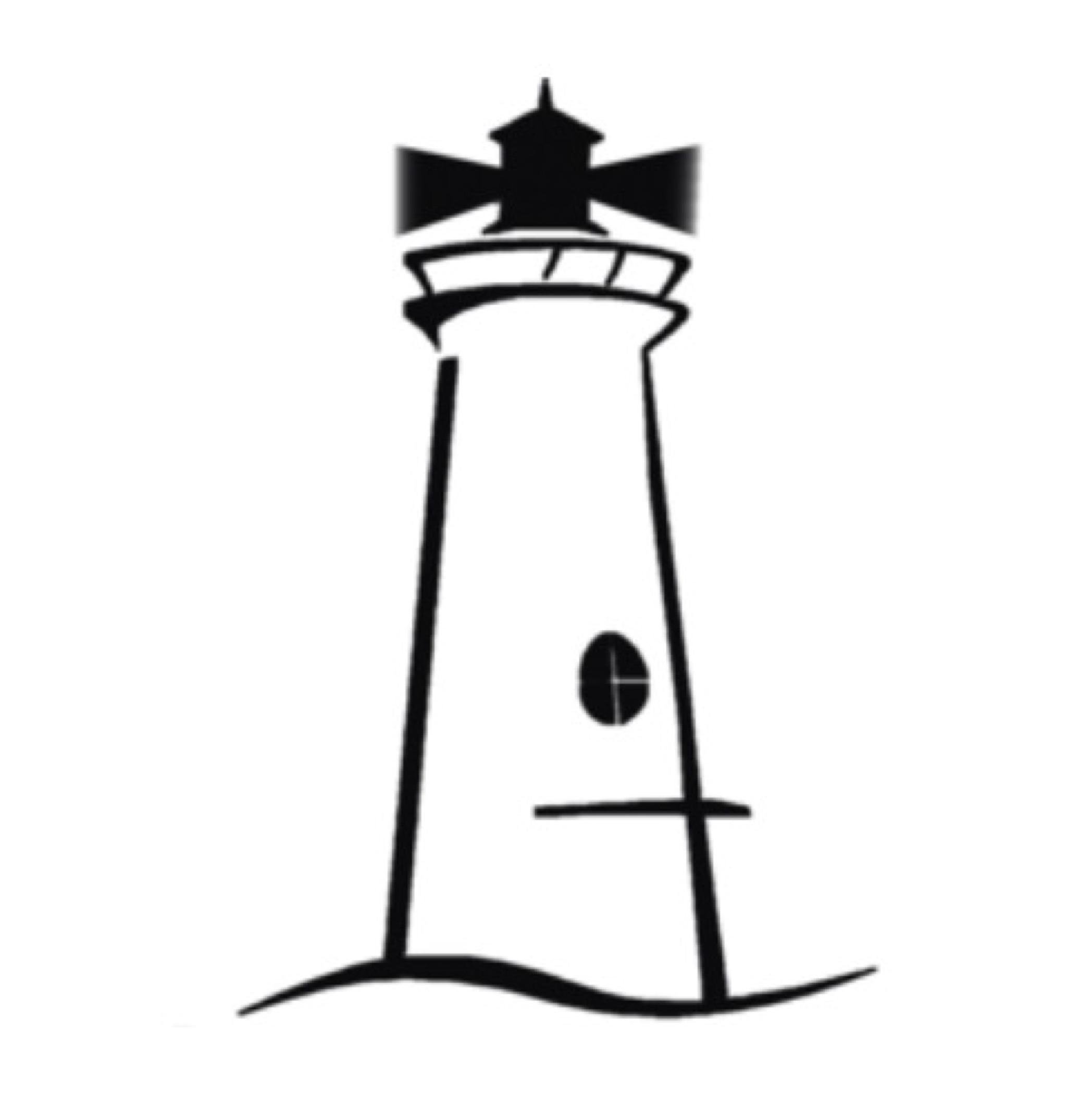Our planet is dying. Here's how we save it.
- The Lighthouse Legacy Foundation

- Aug 23, 2021
- 3 min read
Updated: Dec 26, 2022
Our World Today

People are intimately connected to nature. It fascinates and grounds us. It provides all the resources we need – both material and emotional – to survive.
However, somewhere along the way in our evolution, we have lost that connection.
NATURE has been converted into a resource that has been seen as essential and eternally abundant putting our own futures at risk.

We live in a world where we are often reminded that we don't have enough -- a political system captured by commercial interests, and an economic system that seeks endless growth.
Wikipedia: A capitalistic economy must expand to survive and find new markets to support this expansion.[1]The idea that economic growth can continue forever on a finite planet is the unifying faith of industrial civilization [2].

"Growth is our idol, our golden calf," Herman Daly, an American ecological and Georgist economist [3]
Change in Behavior

It is the behavior of people and communities that are causing many of the environmental problems we face. On the other hand, if our behavior is causing these problems, then changing behaviors should solve it!
So this is where the challenge begins.
Changing people's behavior is the hardest thing to do. And to win this battle to change people's minds & hearts is actually a matter of lifting levels of awareness. But to do that, you need to get their attention first.
If you have gone this far, then probably you are one of those people who has decided to take a stand.
Real Action Heroes
Real action heroes are just like this coalition of concerned residents and business owners of Subic Bay Freeport and the surrounding provinces who banded together to force the constructor of the 71-kilometer freight railway to build away from 42 hectares of mangroves in the Subic Bay Freeport.[4]

The importance of mangroves to people and environment cannot be overemphasized. Sadly, however, mangrove forests are one of the most severely threatened and undervalued ecosystems on earth. 
So how do we get people motivated to take action?
"Action isn't just the effect of motivation, but also the cause of it." Mark Manson, New York Times bestsellers Author Most people only commit to action if they feel a certain level of motivation. And they only feel motivated when they feel an emotional inspiration.
Emotional Inspiration → Motivation → Desirable Action
But there's a problem with operating under this framework: often the changes and actions we most need in our lives are inspired by negative emotions that simultaneously hinder us from taking action[5].
To motivate people to take action, it's helpful to start by taking action ourselves and using that action as a source of motivation and inspiration. This approach, called the "Do Something" Principle, involves taking small actions consistently to create long-term changes in habits. This allows for a sense of genuine inspiration and natural motivation, rather than relying on external factors to drive us..[6]
Action → Inspiration → Motivation
As responsible consumers, we can be smarter with where we spend our money and what we consume. Patronizing socially conscious companies can lead to a big social change impact.

In the Philippines, single-use disposable plastics, such as sachets and shopping bags, are a major contributor to waste and pollution. Each year, Filipinos use nearly 60 billion sachets, 17.5 billion shopping bags, and 16.5 billion labo bags.[7]
These plastics often end up in dumpsites or bodies of water, clogging waterways and contributing to marine pollution. As a result, the Philippines is one of the major sources of land-based plastic pollution that ends up in the ocean.
We need to be aware of these global forces that will affect our lives now and in the future. We may not have all the answers, but knowing there is a problem, and trying to find solutions that work, even for you as an individual, is already half the battle!

Small actions can have a big impact

May it be riding the bicycle to reduce carbon footprint, doing ecobricks to keep those single-use plastics (SUP) out of the garbage dump and our oceans, picking up trash on the beach once a year, promoting an environmental campaign on your social media, or even sharing this post!
These are small (but important) course corrections you can make right now because real change comes from a change in your habits. And a change in habits comes from a long, sustained alteration of small actions.
Be one of us.
Join us in our quest for a more sustainable future for us all. Please follow us on the following social media platforms:
Lighthouse Legacy Foundation
“Never doubt that a small group of thoughtful, committed citizens can change the world. Indeed, it is the only thing that ever has.” – Margaret Mead
Other related articles:














































コメント